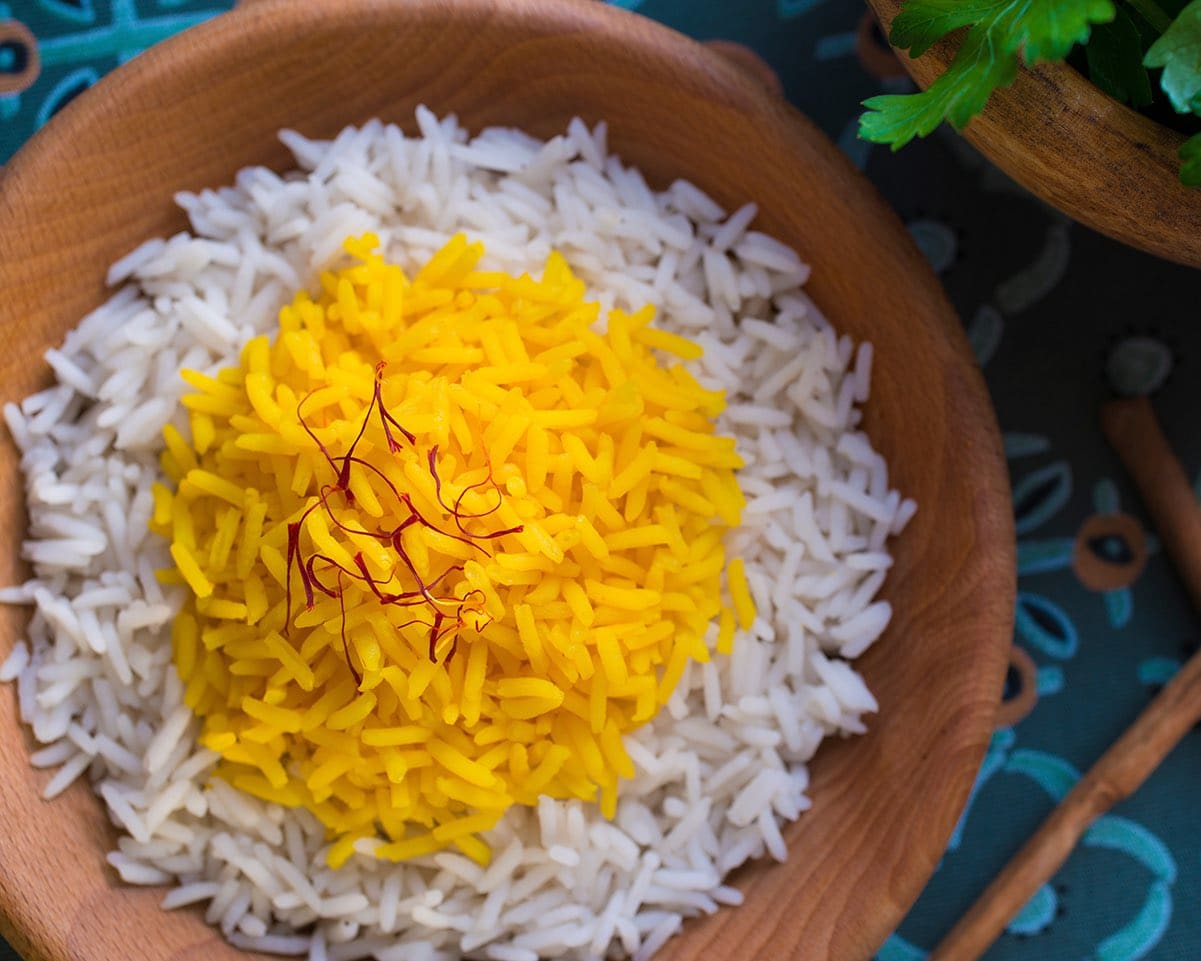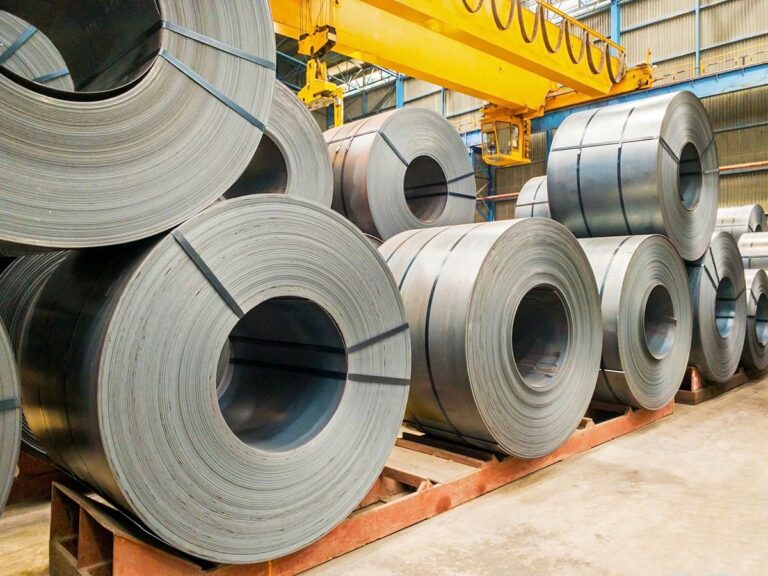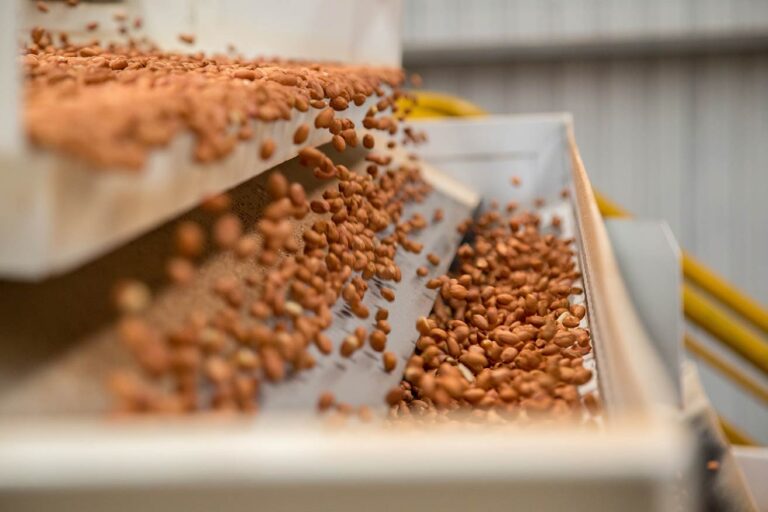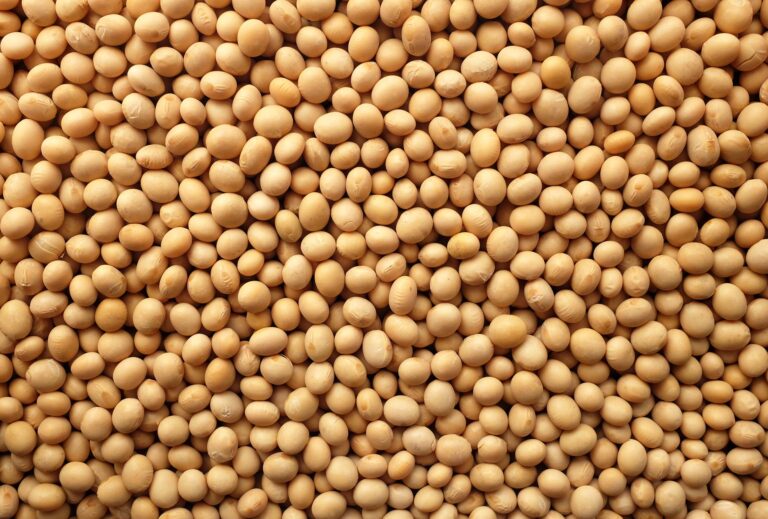Malaysian palm oil board report release fails to change sentiment
Initial MPOB estimates given to Expana before the release of the report hinted at a decrease in output between 4-6% in part due to the current state of palm trees within Malaysia with market players citing that an increasing number are becoming less productive and, in some cases, entirely unproductive. If this is indeed the case it could mean that palm yields are lower than the usual 1.24 tonnes per acre in the coming months, thereby potentially curbing production and supply during what is typically palm’s largest production months (July to November). Industry insiders commented that the remedy for the situation is the planting of new palm trees. However, this is currently easier said than done with strict laws where new trees can be planted within Malaysia and Indonesia due to deforestation concerns. The official figures from the MPOB report placed production at 1.615 million metric tonnes in June or 5.32% down from May, in line with not only estimates given to Expana before the release but also the market at large. Market players are now speculating that these production declines could be reversed with the Southern Peninsular Palm Oil Millers. Association (SPPOMA) estimates production for July 1-5 having increased by 58% as compared to the same period in June, however, it is very early in the month to suggest that the final production figures for July will be anywhere close to these numbers.
Market players commented to Expana that they had anticipated an 8-10% decline in June exports as compared to May largely due to a lack of major purchasing by India which has continued to import significant volumes of sunflower oil circa 500,000 metric tonnes for June roughly double previous months which has come the expense of palm oil imports. Official MPOB data confirmed this downward trend but was slightly higher than estimates given to Expana with the decline pegged at 12.82%. However, Expana has heard a significant number of trades during July with the majority going into China on a CNF basis estimates from market players suggest that 1-10 July exports are up a staggering 85% as compared to the same period in June. Market players commented that due to palm’s ‘attractive pricing’ as compared to rival oils, China could continue to purchase volumes albeit not likely at the current breakneck pace of recent days.
Turning to end stocks, initial estimates given to Expana by market players projected an increase of 4-6% in June as compared to May which would have placed them at circa 1.84 million metric tonnes if the higher end had been achieved the highest level seen since February 2024. Figures from the MPOB report were in line with the estimates given coming in at an increase of 4.35% in June as compared to May. Moreover, Crude palm oil (CPO) declined 5.5% placing current stock levels at 925,000 metric tonnes minorly under the 1 million metric tonne threshold which is often considered tight stock within Malaysia.
Overall, the MPOB report did very little to shift sentiment with most of the figures agreed upon by the market before the release, and therefore much of the report was ‘priced in’. Market players commented to Expana that exports would be the figure to watch in the coming weeks as it could cause a significant downturn in end stocks if production continues to decline marginally. However, other industry insiders commented to Expana that the focus would not be on palm moving forward but on the other oils such as sun and rapeseed due to concerns with production and limited stocks to use.
China boosts soybean imports amid political uncertainties
According to market sources, uncertainties in China have led to an uptick in soybean purchases, resulting in higher prices in the bean and derivatives (meal and oil) markets. The CBOT soybean and soybean oil prices climbed by 1.3% week-on-week (w-o-w) and by 6.9% w-o-w, respectively, on 8th July.
Cumulative soybean imports to China between April and June 2024 reached 34 million metric tonnes, with 12.5 million metric tonnes recorded for June. Market sources opine that buyers are strategically stockpiling due to uncertainty about trade relations under a potential Donald Trump administration in the US. Additionally, favorable processing margins have supported the increase in purchasing activity with stocks rapidly increasing at ports. Soybean stocks at Chinese ports rose by 3 million metric tonnes to 7 million metric tonnes in the six weeks to 8th July. Meanwhile, soybean oil stocks were recorded at 926,000 tonnes on 5th July, an 8.7% month-on-month (m-o-m) increase. Market sources have noted a significant amount of bean cargoes from Brazil for future shipments for August, with players taking advantage of the discount of Brazilian origin beans versus US origin, with a weaker currency also boosting sales. The Expana Benchmark Prices (EBP) for Soybean Oil FOB Brazil [Expana Code: IU28] was assessed at $983.5/mt, on 3rd July, its highest level since November 2023. Political developments in the US will continue to remain a watch-out factor for the top major soybean importer, with trade war tensions between China and Indonesia also compounding the price rallies in the soybean and derivative markets.
Indonesia has declared the imposition of substantial tariffs of 100% to 200% on Chinese-made products to safeguard small domestic businesses from potentially collapsing due to the influx of inexpensive Chinese goods, according to the country’s trade minister. Market sources opine that China could retaliate by boycotting imports from Indonesia with palm oil being the major export good to China. This could continue to strengthen soybean oil prices instead of palm oil, if sanctions were to be placed on the latter.
More wheat tender activity noticed
Uncertainty surrounding wheat volumes and recent price declines have prompted key importing nations like Algeria and Egypt to initiate procurement activities. On 24th June, both countries issued tenders for milling wheat, with Egypt’s General Authority for Supply Commodities (GASC) seeking supply for August-September delivery and Algeria OAIC for August-October delivery.
On 25th June, GASC secured 470,000 tonnes of wheat from various sources: 180,000 tonnes from Russia, 180,000 tonnes from Romania, 50,000 tonnes from Bulgaria, and 60,000 tonnes from Ukraine. The lowest offer was Russian wheat priced at $227/mt, which was $38/mt lower than the latest GASC tender price. Market participants informed Expana that the Russian offers at the GASC tender suggest that the official price floor has been lifted. This indicates that the Russian government is confident in the size of its crop and aims to maintain the dominance of Black Sea wheat until the harvest concludes. Additionally, Turkey, Russia’s second-largest wheat importer, has imposed a ban on wheat imports until October 2024. This development is compelling Russian sellers to reduce prices to find alternative markets.
On 9th July, Algeria’s OAIC held a tender for at least 50,000 tonnes of wheat. Market participants reported that purchases were made at around $246/mt C&F for shipment to Mostaganem and $253/mt C&F for shipment to Tenes. In the previous two-port tender on 26th June, Algeria bought approximately 130,000-150,000 tonnes at prices ranging from $248-$250/mt C&F. While the wheat was optional, it is believed that a portion of it is likely to be sourced from the Black Sea region.
Nutreco to acquire South African premixer AECI Animal Health
Nutreco is planning to acquire the South African premix company AECI Animal Health, also known as Chemfit Fine Chemicals t/a SA Premix, a division of AECI Limited – a large South African chemicals group.
SA Premix was founded in 2002. In 2020, the business rebranded as AECI Animal Health. AECI Animal Health, which is part of the AECI Agri Health pillar, operates a manufacturing site in Burgersdorp in the Eastern Cape and distributes its premix products nationwide. In addition to its own premixes, AECI Animal Health imports feed-grade commodities, feed additives, nutraceuticals and specialty veterinary products. The company claims it is in the top four premix suppliers, by volume, in South Africa’s ruminant and swine markets.
“AECI AH’s strengths complement Trouw Nutrition South Africa’s operations, and the production location provides Trouw Nutrition South Africa with valuable access to key regions. Through this intended acquisition, we will bring together two great organizations with complementary knowledge and expertise that will be beneficial for our customers,” Nutreco said in a statement.
The deal is expected to be completed in Q4 2024.
Hungary’s UBM to build premix plant and three feed mills in Kazakhstan
UBM Group, a leading Hungarian feed producer and feed ingredient trader, has announced it will be investing HUF 20 billion (approximately €50 million) to ” continue its expansion” in Kazakhstan.
Within two years, by July 2026, UBM plans to build a premix plant with a production capacity of around 30,000 tonnes/year, a laboratory, and a training center in the south of Kazakhstan. In a second phase of investment, expected to be completed by 2028, UBM said it plans to build three feed mills in the country, each with a capacity of around 100,000 tonnes/year.
UBM estimates that the Kazakh poultry industry’s annual feed demand could increase by 1.5 times to approximately 2.6 million tonnes, pig industry feed demand could grow by nearly a third to 577,000 tonnes, and cattle feed demand could increase by almost two-thirds to 3.1 million tons by 2029. Still, according to UBM estimates, overall annual industrial feed demand in Kazakhstan is expected to increase by more than 1.5 times the current level – approximately 4 million tonnes, like Hungary’s – reaching approximately 6.3 million tonnes within five years.
For the latest in grains, oilseeds, oils and animal nutrition, save your seat at our upcoming webinar series below.



